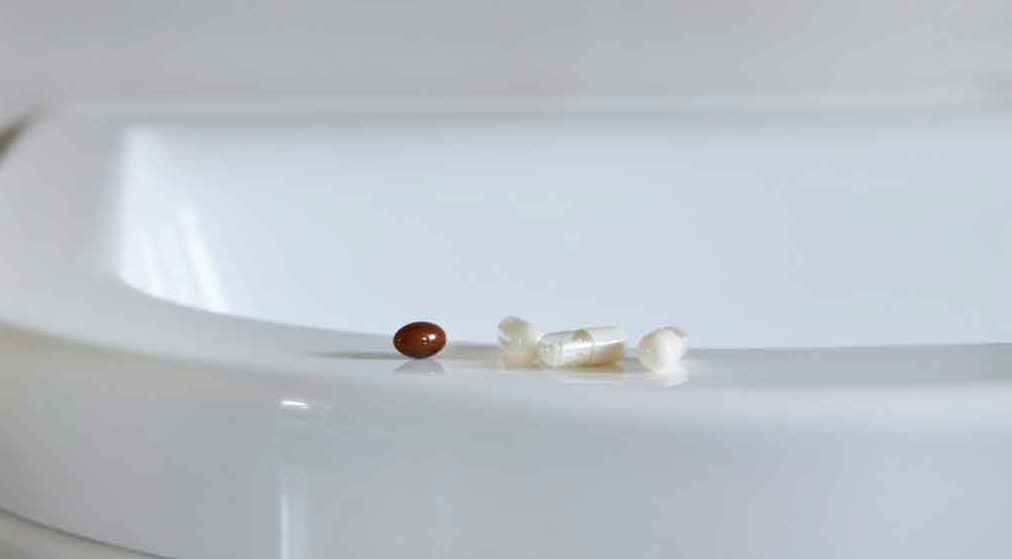How To Dispose of Unneeded Medicine

Don't let your old medications gather dust. Your best move is to take outdated prescriptions to a collection site. Here's what you should know.
Do you keep old medicine around, just in case you need it? That’s not necessarily a bad idea: You can use most medication up to a year past the expiration date.
But don’t assume you can store every medicine. Liquid antibiotics, insulin, and nitroglycerin, for example, are not safe past an expiration date.
You may have simply forgotten you have an old medication. Nearly 20 percent of Americans haven’t cleaned out their medicine cabinet in three years, according to a national survey by Consumer Reports. That’s a more significant problem if you have children or teens at home who might take prescription medicine to get high.
It’s also possible to have slip-ups and take the wrong pill, especially if you live with a sea of bottles. More than half of U.S. seniors are taking four or more prescriptions.
YOU MIGHT ALSO LIKE: Why Are Prescription Drugs Expensive?
Yet it’s one household worry with a clear fix: Take stock of your medicines and see what you might discard.
Before you dump them in the trash or toilet, check for an authorized permanent collection site near you. Ask your local pharmacist or type in “drug disposal near me” in your web browser.
Drug stores, police stations, and other places can dispose of your medications safely. Walgreens and CVS will accept over-the-counter medicines. Asthma inhalers and epinephrine auto-injectors or needles require special handling.
Since 2010, the Drug Enforcement Administration has declared “National Prescription Drug Take Back Day” twice a year, usually each April and October, when you’ll have more disposal options.
That said, there are certain medications on a government “flush list,” meaning you should dump them in the toilet:
- Drugs that contain opioids or sodium oxybate
- Daytrana, a stimulant for attention deficit disorder
- Diastat, a sedative
- Fentanyl patches
The Food and Drug Administration has concluded that flushing those drugs is safe for the environment and safer than letting them get into the wrong hands. In addition, the American Chemical Society has published research concluding that groundwater is safe from contamination from a list of investigated drugs.
Still, it’s best to dispose of medications not on the “flush list” in other ways.
When you can’t get to a disposal site, try the garbage. If you have children or pets, first crush pills into a powder and mix it with kitty litter, or sawdust, or any absorbent substance.
Medication waste is a big problem. It’s common for Americans to not take medication exactly as directed and end up with extra.
There is also built-in waste — for example, from single-dose vials for cancer drugs that are bigger than they need to be, which may cost billions in excess spending every year.
Updated:
May 26, 2023
Reviewed By:
Christopher Nystuen, MD, MBA and Janet O'Dell, RN